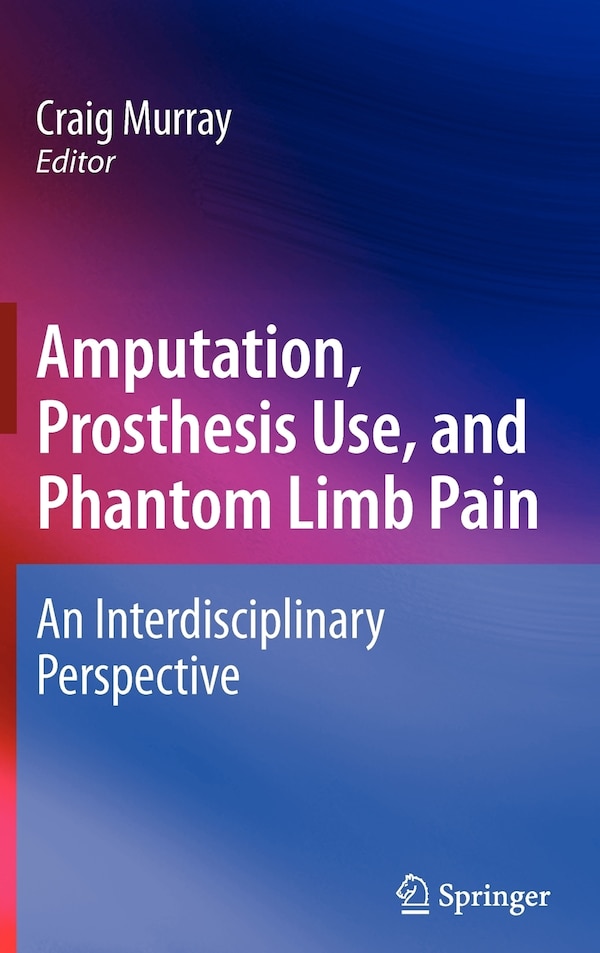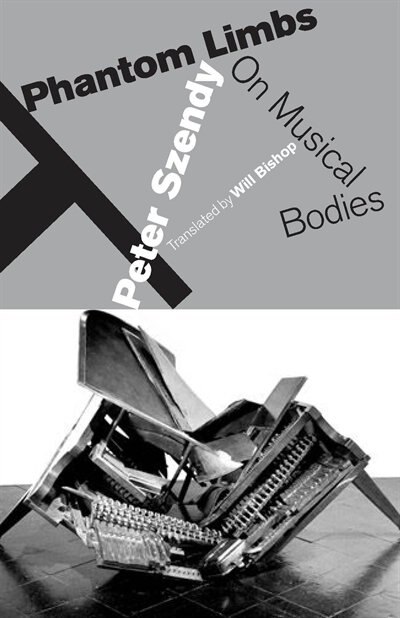Home
Amputation Prosthesis Use and Phantom Limb Pain by Craig Murray, Hardcover | Indigo Chapters
Loading Inventory...

Amputation Prosthesis Use and Phantom Limb Pain by Craig Murray, Hardcover | Indigo Chapters
From Craig Murray
Current price: $131.50


From Craig Murray
Amputation Prosthesis Use and Phantom Limb Pain by Craig Murray, Hardcover | Indigo Chapters
Current price: $131.50
Loading Inventory...
Size: 1 x 9.25 x 2.34
*Product information may vary - to confirm product availability, pricing, shipping and return information please contact Coles
The main objective in the rehabilitation of people following amputation is to restore or improve their functioning, which includes their return to work. Full-time employment leads to beneficial health effects and being healthy leads to increased chances of full-time employment (Ross and Mirowskay 1995). Employment of disabled people enhances their self-esteem and reduces social isolation (Dougherty 1999). The importance of returning to work for people following amputation the- fore has to be considered. Perhaps the first article about reemployment and problems people may have at work after amputation was published in 1955 (Boynton 1955). In later years, there have been sporadic studies on this topic. Greater interest and more studies about returning to work and problems people have at work following amputation arose in the 1990s and has continued in recent years (Burger and Marinc ?ek 2007). These studies were conducted in different countries on all the five continents, the greatest number being carried out in Europe, mainly in the Netherlands and the UK (Burger and Marinc ?ek 2007). Owing to the different functions of our lower and upper limbs, people with lower limb amputations have different activity limitations and participation restrictions compared to people with upper limb amputations. Both have problems with driving and carrying objects. People with lower limb amputations also have problems standing, walking, running, kicking, turning and stamping, whereas people with upper limb amputations have problems grasping, lifting, pushing, pulling, writing, typing, and pounding (Giridhar et al. 2001). | Amputation Prosthesis Use and Phantom Limb Pain by Craig Murray, Hardcover | Indigo Chapters



















